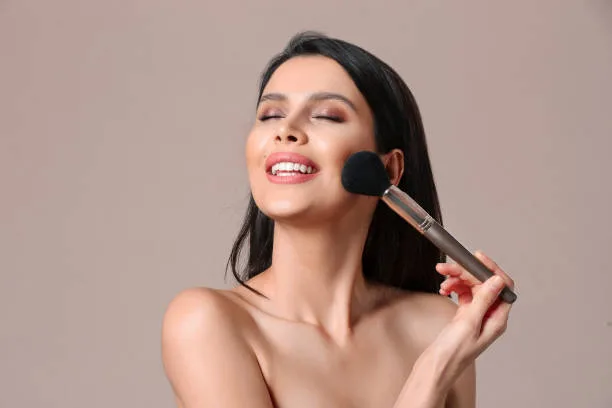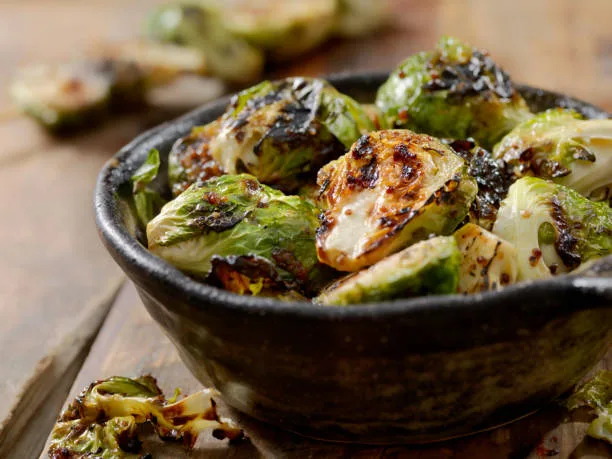Table of Contents
Introduction

Blonde hair has long been associated with a certain allure and mystique. From Hollywood icons to popular culture references, the stereotype of blondes having more fun has persisted. But is there any truth to this widely held belief, or is it merely a social construct rooted in misconceptions about hair colour? Let’s dive into the science, psychology, and cultural perceptions surrounding this intriguing notion and find out, do blondes really have more fun?
Do Blondes Really Have More Fun?
Understanding the Myth

The notion that blondes have more fun has been perpetuated for decades. Some attribute it to cultural influences, wherein blonde hair is often associated with youthfulness, vibrancy, and even a carefree attitude. This stereotype has been reinforced through media representations, with countless movies, advertisements, and magazines showcasing blonde individuals in glamorous and joyful settings.
Debunking the Myth
However, scientific research and psychological studies have found no concrete evidence supporting the idea that hair colour determines one’s enjoyment in life. Factors contributing to an individual’s sense of fun and happiness are diverse and multifaceted, extending far beyond the colour of one’s hair. Personal preferences, experiences, and social environments play pivotal roles in shaping one’s enjoyment of life.
Exploring Cultural Influences

Cultural perceptions of beauty and attractiveness often influence how certain traits, including hair colour, are perceived. In various societies, blonde hair has been associated with notions of beauty and desirability. This cultural bias might inadvertently lead to assumptions about blondes having more enjoyable lives based solely on their hair colour.
Psychological Insights

Psychologists emphasize the impact of self-fulfilling prophecies, suggesting that if someone believes they should have more fun as a blonde, they might subconsciously act in ways that align with this expectation. This could potentially create a confirmation bias, where individuals notice and remember instances that fit the stereotype while disregarding contrary experiences.
Reality Check
Contrary to the stereotype, individuals with different hair colours – brunettes, redheads, or those with natural black hair – have just as much fun and lead equally fulfilling lives. Happiness and enjoyment stem from personal interests, relationships, career satisfaction, and a myriad of other factors that transcend physical appearance.
Final Thoughts

Ultimately, the perception that blondes have more fun is a fascinating social phenomenon shaped by cultural influences and media portrayals. However, it’s essential to recognise that happiness and enjoyment in life are not dictated by hair colour but by a myriad of personal experiences and individual preferences. Dispelling such stereotypes promotes inclusivity and appreciation for the diverse spectrum of human experiences, irrespective of hair colour.
Conclusion

The belief that blondes have more fun is a stereotype rooted more in cultural perceptions than reality. While blonde hair might hold a certain allure in societal contexts, it doesn’t inherently dictate an individual’s level of enjoyment in life. Embracing diversity and recognising the richness of experiences across various hair colours and personalities is essential in dispelling such stereotypes.

FAQs
What’s the origin behind the belief that blondes have more fun?
The belief that blondes have more fun traces its roots back to cultural influences and societal perceptions of beauty. Over time, media representations and popular culture have often depicted individuals with blonde hair in glamorous, carefree settings, contributing to the perpetuation of this stereotype. This portrayal has led to the widespread but unfounded notion that blondes inherently experience more enjoyment in life compared to others based solely on their hair colour.
Are there any scientific studies supporting the idea that blondes have more fun?
Scientific research and psychological studies have not found substantial evidence to support the belief that blondes have more fun. Studies emphasize that factors contributing to happiness and enjoyment in life are diverse and individual-specific, transcending physical attributes like hair colour. While cultural perceptions might associate certain characteristics with different hair colours, there’s no conclusive evidence suggesting that blonde individuals genuinely experience more enjoyment compared to those with other hair colours.
How do cultural influences impact the perception of blondes having more fun?
Cultural perceptions significantly influence how certain traits, including hair colour, are perceived. In numerous societies, blonde hair has been traditionally associated with ideals of beauty, youthfulness, and desirability. This cultural bias often leads to assumptions that blondes live more enjoyable lives. However, it’s essential to recognize that these perceptions are socially constructed and don’t reflect the reality of individual experiences or levels of happiness.
Can psychological factors contribute to the belief in the “blondes have more fun” stereotype?
Psychological concepts like self-fulfilling prophecies and confirmation bias may contribute to reinforcing the stereotype. If an individual believes that being blonde equates to having more fun, they might subconsciously behave in ways that align with this expectation. Consequently, they may notice and remember instances that support the stereotype while overlooking contradictory experiences, thereby reinforcing their belief.
What’s the reality behind the belief that blondes have more fun?
Contrary to the stereotype, there’s no inherent truth to the notion that blondes have more fun. Happiness and enjoyment in life stem from diverse factors such as personal interests, relationships, career satisfaction, and individual experiences. While blonde hair might be culturally associated with certain attributes, it doesn’t dictate an individual’s level of fun or fulfilment. Embracing diversity and dispelling such stereotypes is crucial in recognizing the richness of human experiences across all hair colours.



